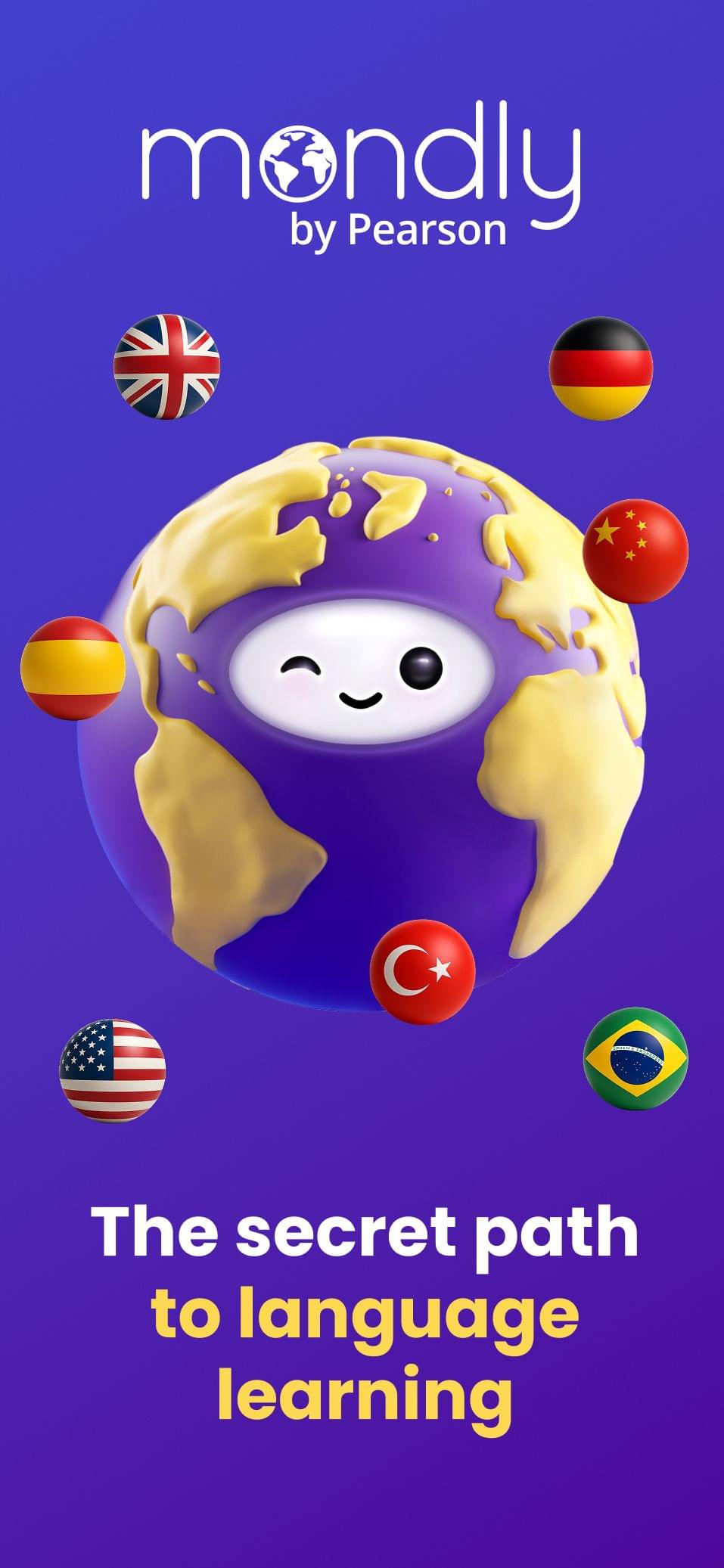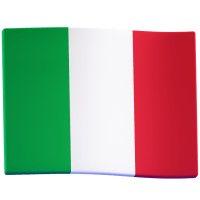Arabic phrases and expressions you can learn today
Start learning the most common Arabic phrases
Basic Arabic phrases

Top 10 Arabic phrases and sentences you need to know
We have prepared a list of common Arabic expressions that will help you have a basic conversation in Arabic in no time. Let's dig in!
1. صباح الخير. = Good morning.
If you find yourself in Dubai it is always polite to say “Hi” every morning because Arabic speakers are really sociable. “Good morning” in Arabic is "صباح الخير".
Now enjoy being greeted by a native speaker:صباح الخير.
2. مساء الخير. = Good afternoon.
But what if it's later in the day and you want to greet someone from Saudi Arabia? Well, “Good afternoon” in Arabic is "مساء الخير".
Now listen to how an Arabic speaker would pronounce it:مساء الخير.
3. انا اسمي موندلي. = My name is Mondly.
Let's say your name is Mondly, you are traveling to Kuwait and meet someone on the street. To introduce yourself you can say "انا اسمي موندلي" which means "My name is Mondly" in Arabic.
Listen to how a person from Dubai would pronounce this phrase:انا اسمي موندلي.
4. سعدت بلقائك. = I'm pleased to meet you.
Now that you have introduced yourself, an Arabic speaker would respond "أنا سعيد بلقائك" which means "I'm pleased to meet you" in Arabic.
Listen to a native Arabic speaker saying that exact sentence to you right now:سعدت بلقائك.
5. كيف حالك؟ = How are you?
At this point, it might be polite to ask the person you are having a conversation with "How are you?" in Arabic.
It’s really easy to pronounce. Here's how to say it:كيف حالك؟
6. بخير,شكرا. وانت؟ = Fine, thanks. And you?
If, on the other hand, an Arabic speaker asks you first how are you doing, this is how you can answer politely. Apply the unspoken rule of politeness everywhere you go and many doors shall joyously open in your path.
Here's a native speaker showing you how to say it:بخير,شكرا. وانت؟
7. من فضلك واحد بيرة. = I’d like a beer.
And because you might find yourself in a bar when visiting Qatar you might have to learn how to order a beer in Arabic.
Let a native Arabic speaker show you how it's done:من فضلك واحد بيرة.
8. انا آسف. = I'm sorry.
There are times when what you ordered is out of stock, so a bartender might say "انا آسف" which means "I'm sorry" in Arabic.
Listen to how it's pronounced:انا آسف.
9. إلى اللقاء قريبًا! = See you soon!
This is a good way of saying "See you soon" in Arabic to a co-worker from Dubai that you are probably going to see the next day.
Delight your senses with an Arabic speaker saying the phrase:إلى اللقاء قريبًا!
10. مع السلامه. = Goodbye.
Let's end with the best way to end a pleasant conversation politely. This is another way of saying "Goodbye" in Arabic.
Here's how a person from Dubai would pronounce it:مع السلامه.
Arabic phrases for specific situations

At a Restaurant or Café
Getting around
Shopping

The benefits of learning the most common Arabic phrases first

Get smarter day by day
Learning a new language is a perfect way to boost your IQ. In no time, your brain will make new connections and associations and you’ll feel that learning Arabic was one of the best choices you ever made.

Have real conversations in Arabic today
Once you start learning a few basic sentences in Arabic you will have the knowledge to start your first Arabic conversation. That’s why, at Mondly, we’ve created experiences that simulate real-life conversations to get you speaking Arabic in no time.

Become fluent in Arabic quicker
Starting with the basics, we quickly lay a foundation for you to learn more complex Arabic phrases and sentences. We gradually build your Arabic knowledge so you get fluent faster than you could imagine.

Feel how easy to learn the Arabic language can be
Every language experience should start gradually, from the easiest to the more complex concepts. Starting with the easiest and most common Arabic phrases, you will feel confident in your ability to learn a new language. That’s one of the core principles Mondly is built on.











